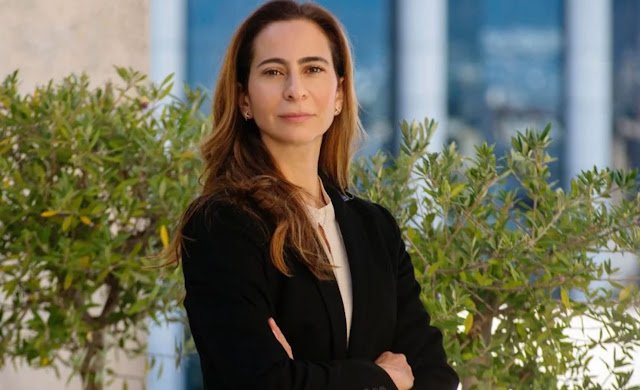| Vassilis Korkidis, President PCCI (Piraeus Chamber of Commerce & Industry) |
Shipping has proven its flexibility, managing to adapt to geopolitical challenges such as piracy, sanctions and regulations. In terms of regulations, the environmental footprint of the international shipping industry needs special attention, as according to research by the United Nations Conference on Trade and Development (UNCTAD), more than 80% of international trade in terms of volume is transported by sea.
Voluntary and mandatory measures taken, mainly by IMO, to reduce environmental footprint of the international shipping industry, have direct and significant impact on shipping market participants such as, inter alia, shipping companies, charterers, shipping finance banks and institutional investors, who are called to face climate change as a financial risk.
In this context, in June 2019, a total of 18 leading banks agreed to incorporate climate change criteria into their lending decisions as part of Poseidon Principles. The dynamics of “Poseidon Principles” are impressive, as for the year 2023 the majority of banks participating in the initiative are fully aligned with IMO’s 2050 target.
It seems that shipping industry will continue to look for the “appropriate solution” regarding the issue of green fuels, given that there are many proposals which, however, require huge investments either to adapt ships to the new fuels or “build” ships with specifications for the use of “green fuels”.
The latest figures released by DNV’s Alternative Fuels Insight (AFI) platform show a total of 298 alternative fuel powered vessels ordered in 2023, with methanol becoming “dominant”. Also, in 2023, were placed the first 11 orders for ships functioning on ammonia. It is worth noting that, as long as shipping is looking for the “appropriate solution”, the order books of the shipyards will continue to reflect the choice of “dual fuel” but also, on a theoretical level, the “ambiguity” created by the “green transition”.
After stagnating in 2022, and despite the bleak economic forecasts at times last year, global marine trade rose by 3%, to 12.4 billion tons. “Clarksons” forecasts 12.6 billion of marine shipments in 2024 despite geopolitical tensions in the Black Sea, Eastern Mediterranean and Middle East. The re-routings caused by the Houthi attacks in the Red Sea showed that shipping is not “blackmailed” as there are always alternatives, regardless of whether they turn out to be more expensive in terms of costs that are ultimately pass on, as usual, to end consumers.
As far as digitization and new technologies are concerned, shipping is making steady progress in adopting new technological proposals. However, from the data known to date, the necessity of retraining a significant number of sailors has emerged. DNV estimates that around 750,000 seafarers will need to undergo enhanced training by 2050 to manage alternative fuels and technologies. This shows that it is now more important than ever to invest in crew retraining and skills development, as “producing” experienced and well-trained seafarers to manage the new generation of ships is one of the top priorities for the shipping industry today.
Given that the newly built units that “dropped” into the sea last year and those scheduled to drop in the next two years have adopted digital technologies and new propulsion systems, it becomes obvious that the aforementioned number of seafarers, who will be called upon to man the ships, should probably be increased, as the existing capacity covering the global fleet cannot be cloned. Certainly, shipping will be called upon to face the issue of human resources and the attraction of young people to the maritime profession, which is the major issue at the present time. At this point, we should mention that the Union of Greek Shipowners has launched a campaign to attract young people to the maritime profession, while, at the same time, the responsible ministry for maritime affairs has “declared” the current year the “year of maritime education”, demonstrating this way its importance for the production of officers – and not only – that they will cover the needs of the Greek fleet, having the appropriate training based on the new data created by the new digital and non-digital technologies introduced.
Challenges and “stakes” are many for shipping whose flexibility is mainly due to its people who have learned to deal with storms and bumps, in a business and operational field that is never static, just as fluids.















